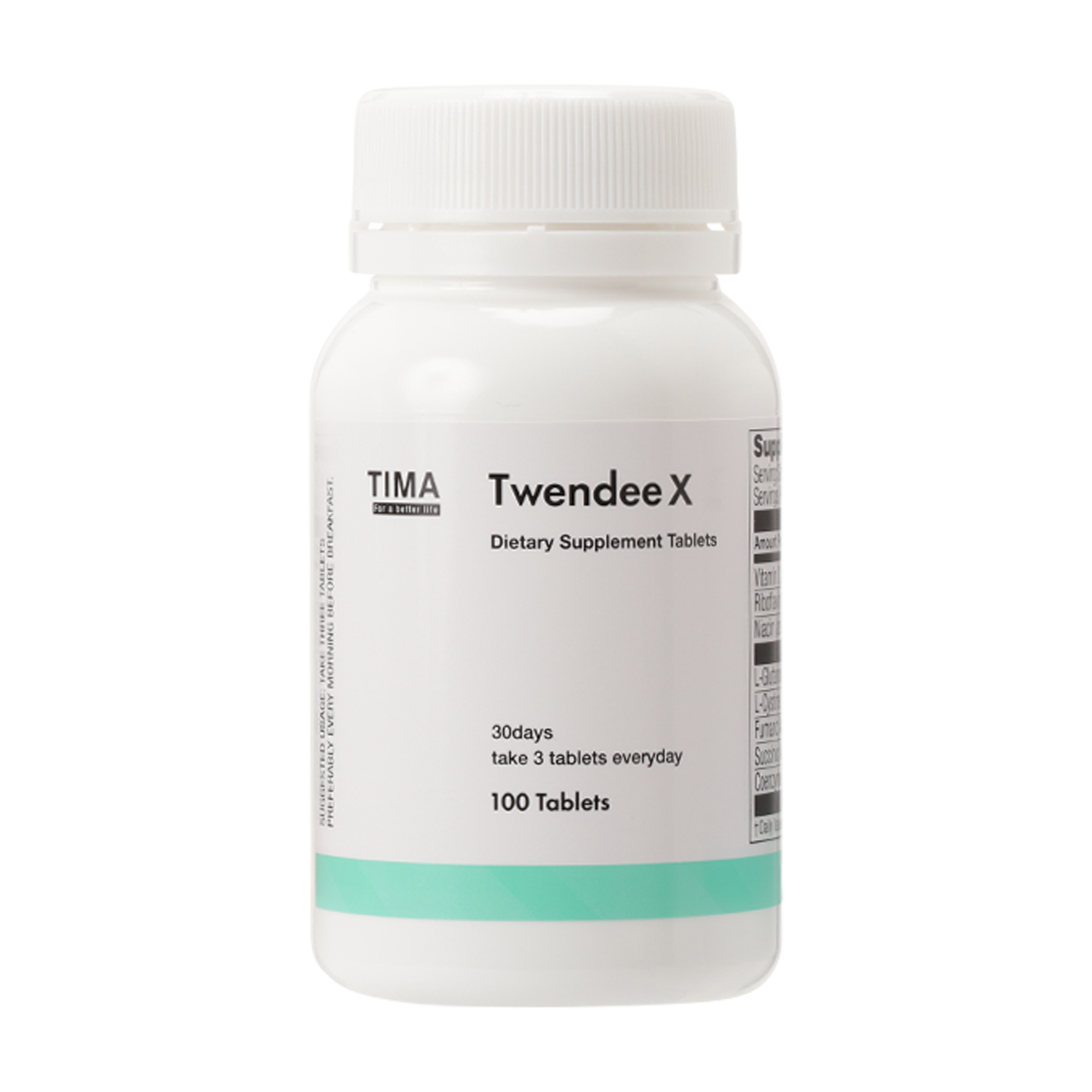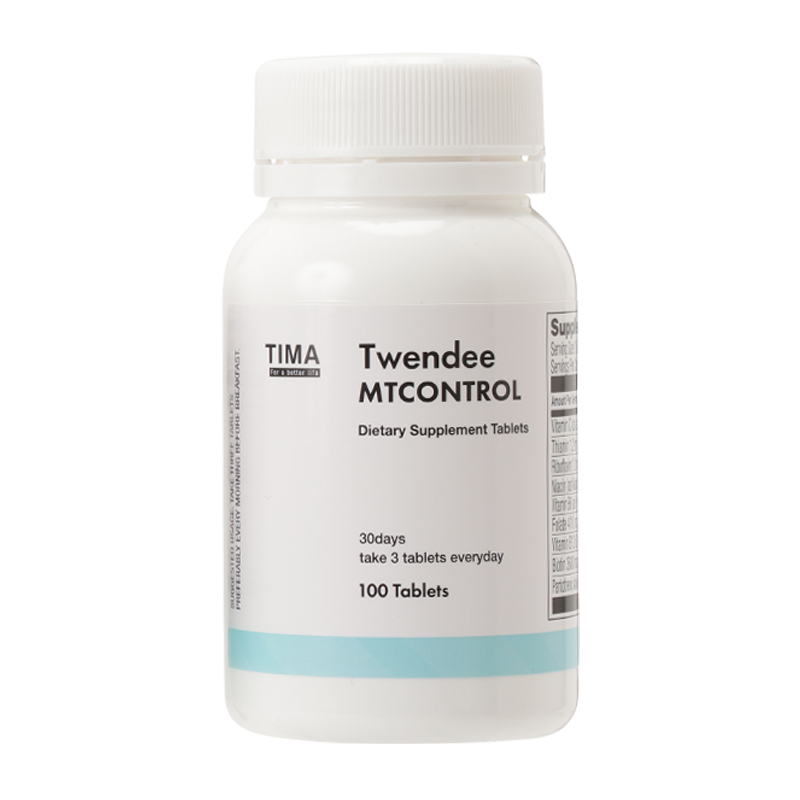Thesis on Oxidative Stress and "pneumonia"
- Paper title
- Oxidative stress in the pathogenesis of diffuse lung diseases: a review.
- Abstract summary
- Increased oxidant levels and decreased antioxidant defenses can contribute to the progression of idiopathic pulmonary fibrosis and other diffuse lung diseases.
- Authors
- E Bargagli, C Olivieri, D Bennett, A Prasse, J Muller-Quernheim, P Rottoli
- Journal
- Respiratory medicine
- Semantic Scholar URL
- https://semanticscholar.org/paper/278c14e520926c030919a0a4a508b1500b8eef14
- Abstract
-
Oxidative stress is an imbalance between oxidants (reactive oxygen and nitrogen species) and antioxidants that may affect lipids, DNA, carbohydrates and proteins. The lung is continuously exposed to endogenous and exogenous oxidants (cigarette smoke, mineral dust, ozone, radiation). Reactive oxygen and nitrogen species are mainly produced by phagocytes as well as by polymorphonuclear, alveolar, bronchial and endothelial cells. A potential role of oxidative stress in the pathogenesis of diffuse lung diseases (particularly idiopathic pulmonary fibrosis) has been demonstrated. Increased oxidant levels and decreased antioxidant defences can contribute to the progression of idiopathic pulmonary fibrosis and other diffuse lung diseases. The growing number of papers on the different aspects of oxidant/antioxidant imbalance in diffuse lung diseases in the last decade reflects increasing interest in this topic and suggests that specific DLDs may be characterized by specific patterns of oxidation and antioxidant responses. The study of oxidative stress can provide insights into etiopathogenesis and favour the discovery of new treatments. In this review of the literature on oxidants and antioxidants in diffuse lung diseases, the focus is on idiopathic pulmonary fibrosis, sarcoidosis, pneumoconiosis and pulmonary fibrosis associated with systemic sclerosis.








